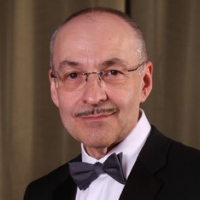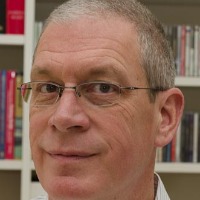Nov
12
2018
On demand
Real-world insights into automated solutions for cell & gene therapy bioprocessing
Monday 08:00 PST / 11:00 EST / 16:00 GMT / 17:00 CET
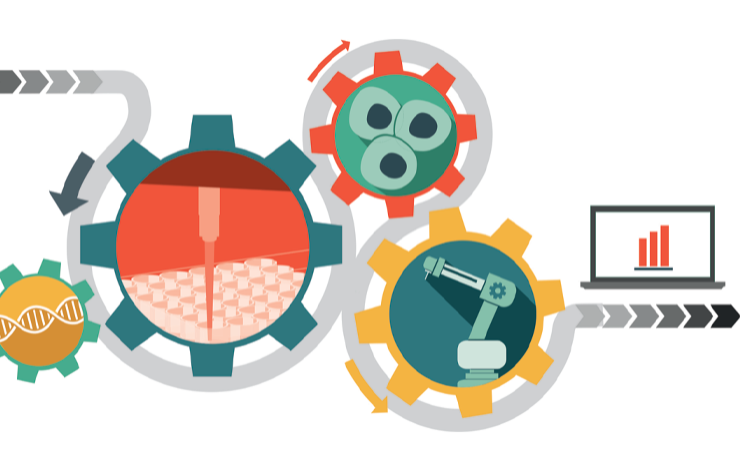
In this webinar Terumo BCT present two perspectives on automation in the cell therapy space featuring well known experts in the field: Dr. Bruce Levine, who discusses recent developments in CAR-T cell processes and Gerhard Bauer, who discusses Viral Vector production and other recent advances in his laboratory. This thoughtful discussion will be moderated by Dr. Jim Beltzer from Terumo BCT.
Watch this On Demand webinar with our expert panel to gain insight into:
- Specific real-world experiences of implementing automation strategies, tools, and technologies at different stages in the product development life-cycle for cell and gene therapies;
- Key considerations in the implementation of automation: Resources, Processes Determining Factors, Challenges, Device Selection, Outlook on Future;
- Important manufacturing considerations to enable large-scale, quality-assured vectors for clinical use;
- Moving the conversation forward in addressing the cost-effective, scalable manufacture of CAR-T therapies, and their safety and clinical outcomes;
- An exploration into what works now, why, and what directions they would like to see the field take in the future, from our two experts in cell processing.
[#speakersPlaceHolder]
You might also like

Same-section spatial multiomics: a platform for detailed analysis of the solid tumor TME
Emily Neil, Ariadna Pascual
27 June
in 70
Days
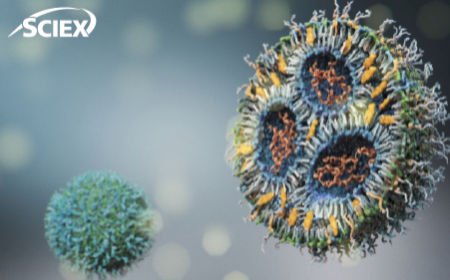
Pure and simple: understanding LNP analytics for better mRNA-based drugs
Adam Crowe
29 May
in 41
Days
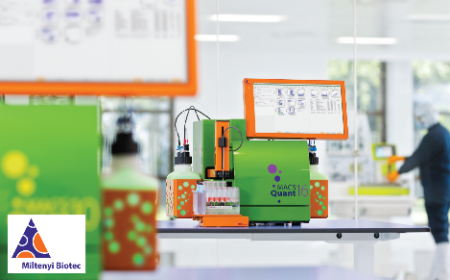
Empowering patient care: in-process and quality control solutions for cellular therapies
Christin Tischner, Simon Lennartz
23 May
in 35
Days
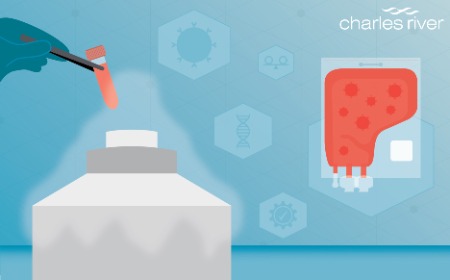
T cells from beginning to end: optimizing leukopak and drug product cryopreservation
Meredith Safford, ShaNelle Yelity
22 May
in 34
Days
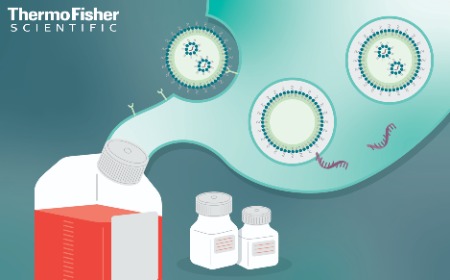
Mastering AAV production: best practices For small- to large-scale manufacturing success and reduced development time
Emily Jackson-Holmes
21 May
in 33
Days
.jpg)

